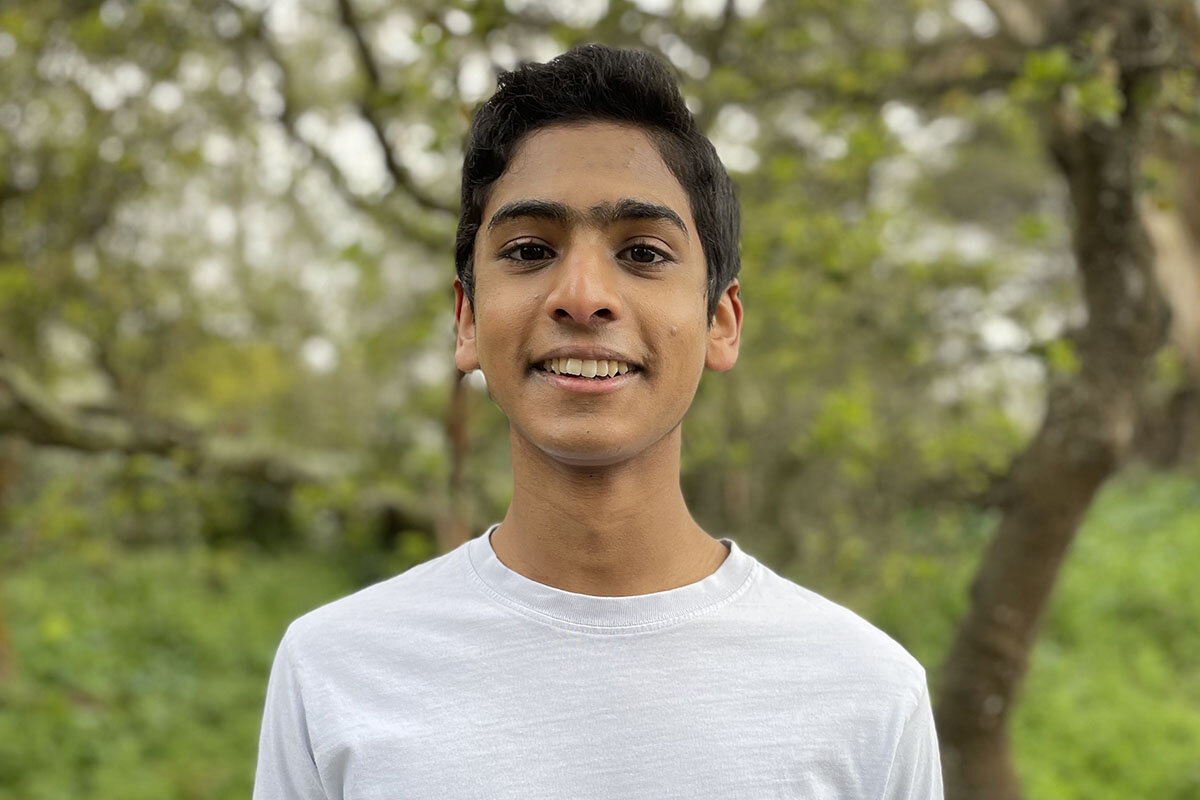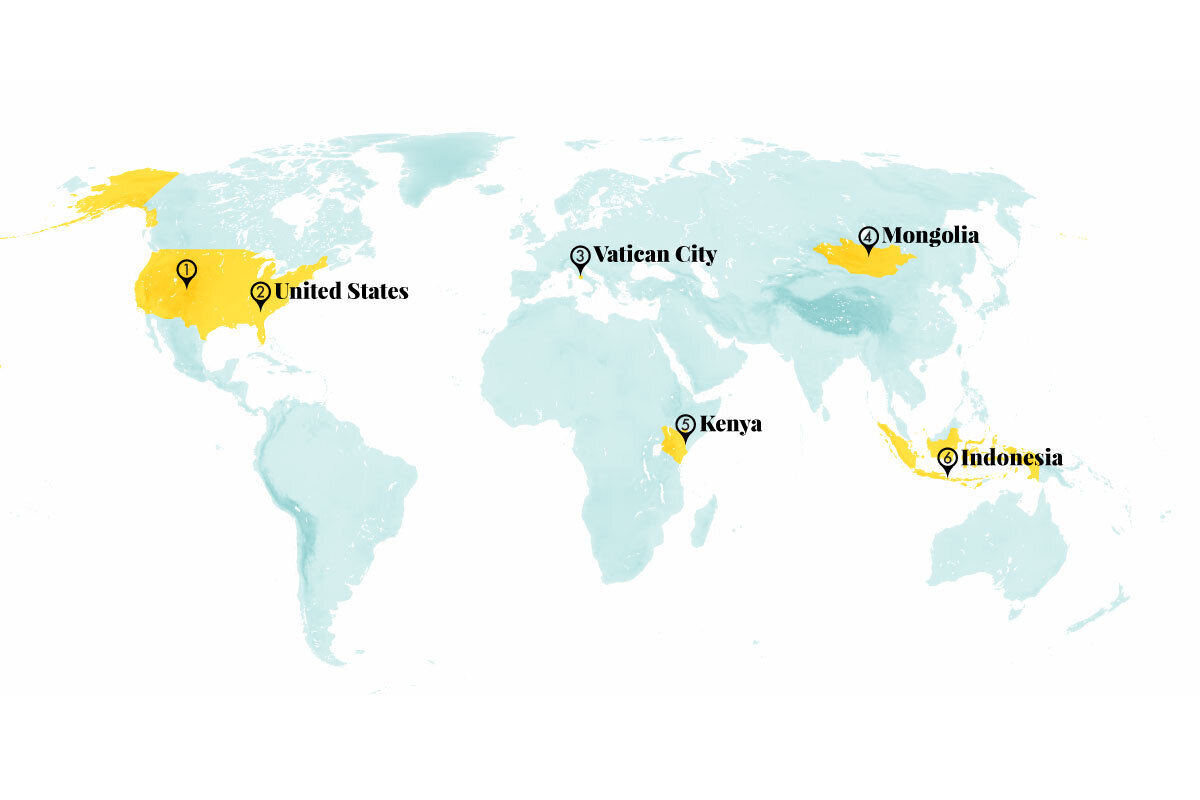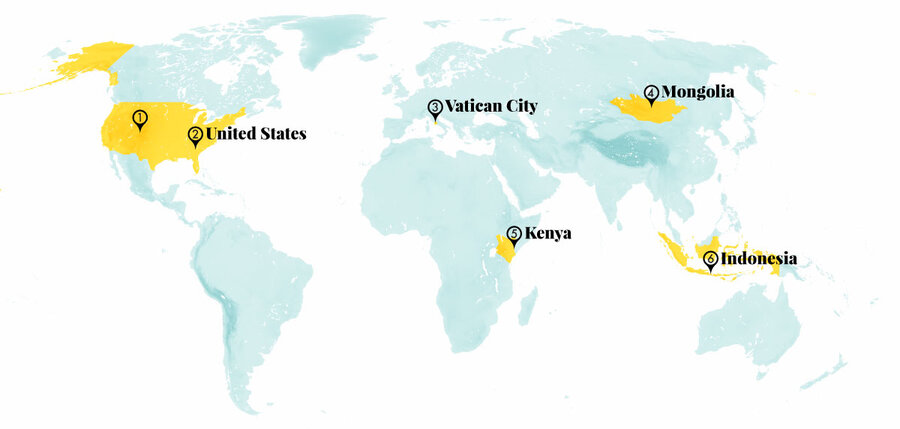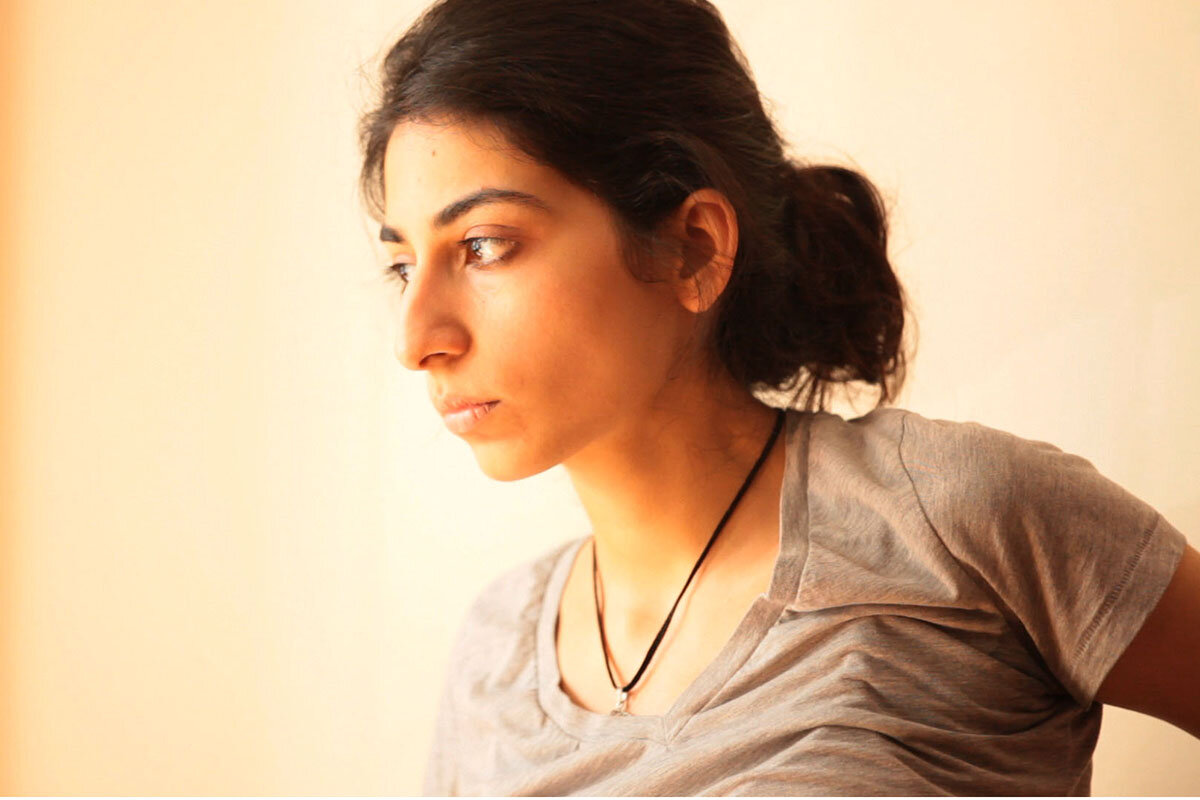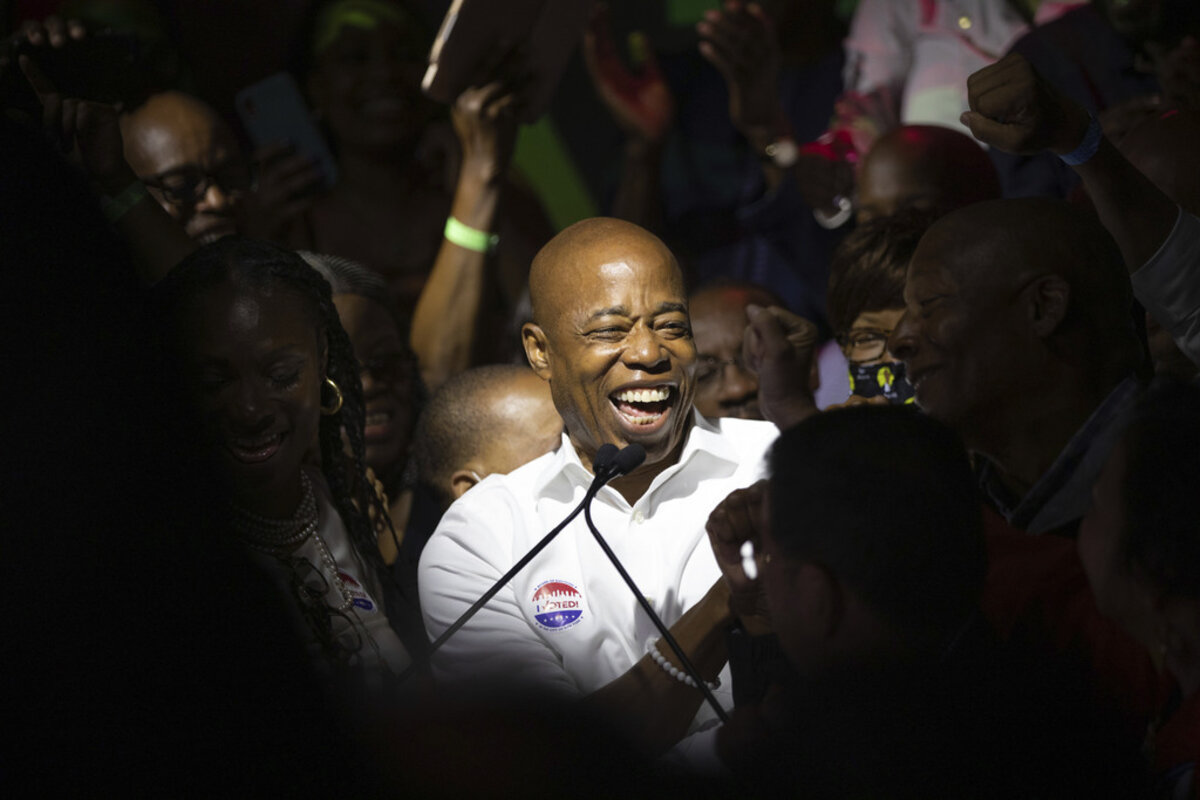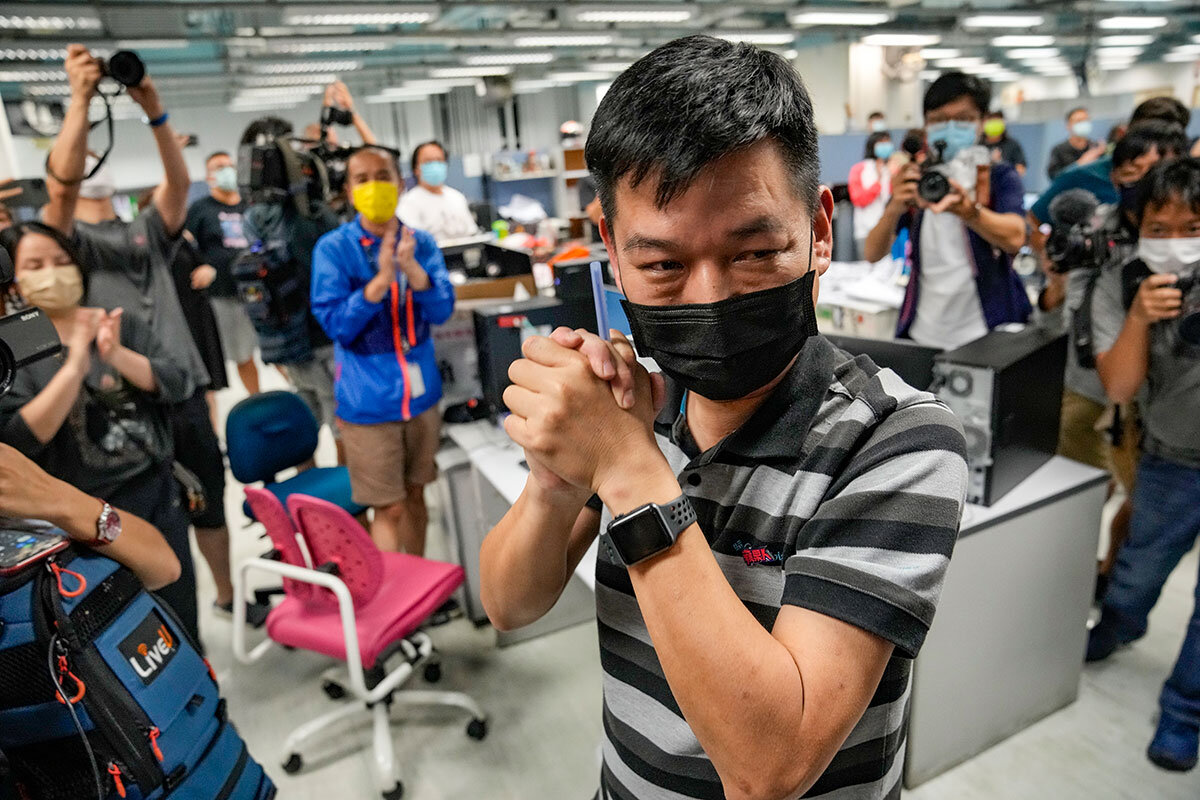Our reporter looks at how some selective public schools are trying to balance the often competing goals of academic merit and racial equality of opportunity. To that end, some schools are pursuing new ways to define merit.
Monitor Daily Podcast
- Follow us:
- Apple Podcasts
- Spotify
- RSS Feed
- Download
 David Clark Scott
David Clark Scott
The era of “amateurism” in American college sports is nearly over.
Almost no one, especially not the highest court in the land, buys the National Collegiate Athletic Association argument that the only form of payment for student athletes should be an education. On Monday, U.S. Supreme Court justices ruled 9-0 against the NCAA caps on education-related compensation. That’s a rout in sports terms. In political terms, it’s rare bipartisan unity. Free-market conservatives and workers’ rights liberals essentially agree the NCAA business model is a sham. Yes, the ruling itself was relatively narrow. But in his concurring opinion, Justice Brett Kavanaugh bluntly challenged the validity of all NCAA compensation restrictions: “Nowhere else in America can businesses get away with agreeing not to pay their workers a fair market rate on the theory that their product is defined by not paying their workers a fair market rate.”
NCAA rules or not, the effort to fairly divide the wealth generated by college athletes is accelerating faster than Olympic champion Shelly-Ann Fraser-Pryce. By July 1, six states will allow payments to students for the use of their name, image, and likeness (NIL). In all, 19 states have quickly passed NIL laws. The rush is all about recruiting athletes.
Universities that can offer a prospective 17-year-old star a plan to monetize his or her name (including endorsements, social media posts, merchandise, etc.) have a recruiting advantage. Schools in states without NIL laws desperately want Congress to pass federal legislation to level the playing field. But that’s unlikely before July 1. The race to pay college athletes more equitably is about to become a mad scramble.




